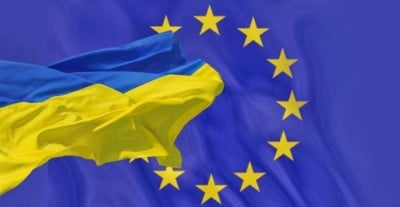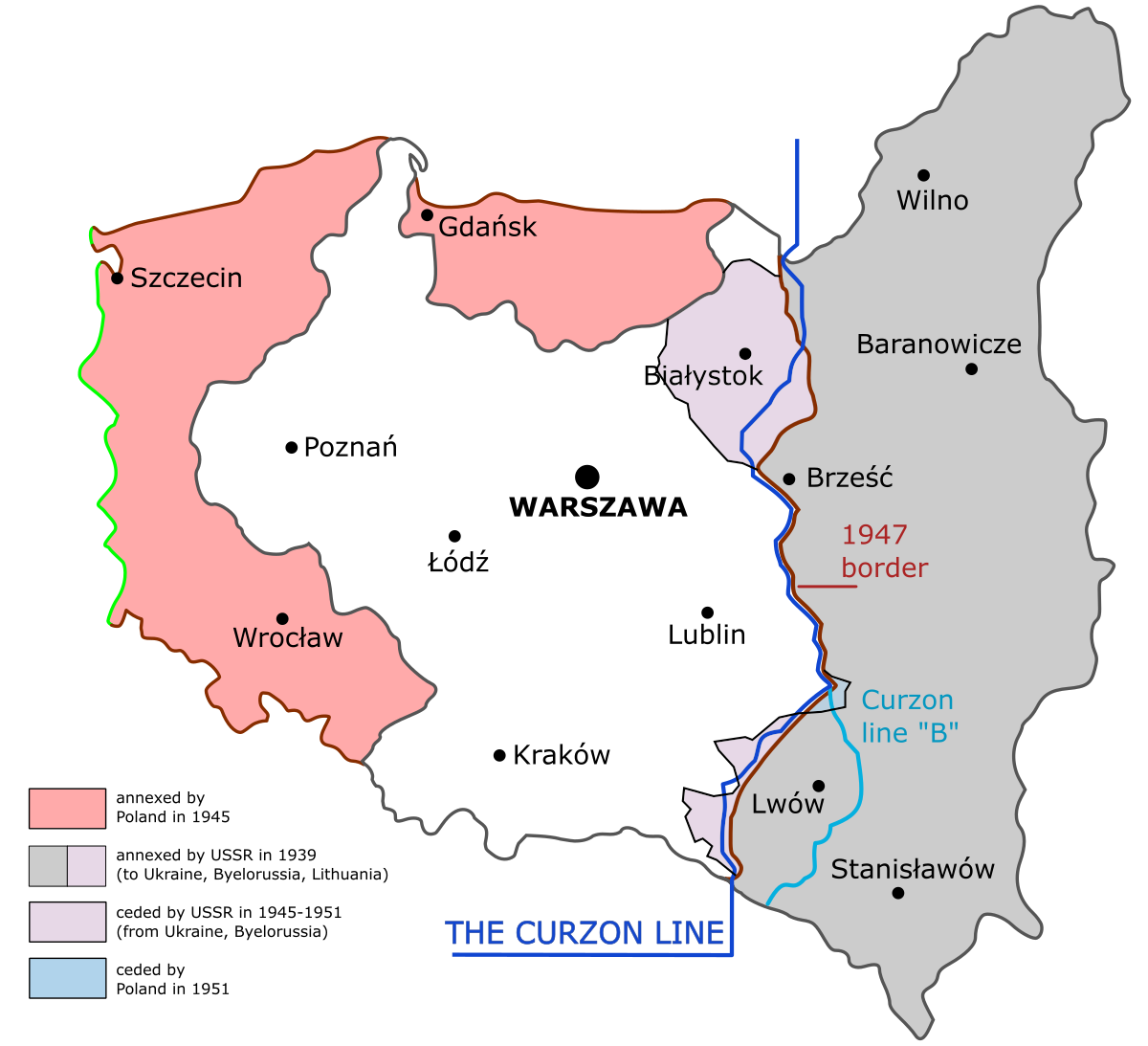The Restitution of Poland’s “Borderlands”?: Ukraine in the EU, “Polish-Ukrainian Federation” and the Issue of Restitution

All Global Research articles can be read in 51 languages by activating the “Translate Website” drop down menu on the top banner of our home page (Desktop version).
To receive Global Research’s Daily Newsletter (selected articles), click here.
Visit and follow us on Instagram, Twitter and Facebook. Feel free to repost and share widely Global Research articles.
***
Incisive article first published in July 2022. This issue is currently in the news, following Zelinsky’s meeting with the President of Poland
***
Hundreds of thousands of Holocaust survivors, as well as Poles, Hungarians and Romanians who once lived in the lands which the Soviet Union “gave to Ukraine” (in the wake to WWII), have the right to recover their estates and get compensations for their heritage. Kiev aspiring to membership in the European Union will face the due of fulfilling these claims. The only question is whether Ukrainians are also aware of such multibillion-dollar costs?
Ukraine built on ethnic cleansing
After the Second World War, a mass people relocation was carried out between the Soviet Union and Poland, Romania and Hungary. The issue of compensation for property left in Ukraine was to be settled by the Agreements between the government of the Eastern European communist states and the authorities of Soviet Ukraine, USSR (with Poland such a treaty was signed on 6th September 1944). These compensations were never paid, however, and the Agreements never entered into force. In this situation, the burden of the payments still rests with the Ukrainian Government as the legal heir of the USSR.
According to experts’ estimates, the total amount of Polish claims for property left in Kresy (former Polish Easter Borderlands) amounts to approximately $5 billion and can be increased by the value of compensation and remedies for the expellees and their descendants. The war with Russia and earlier the lockdown policy gave the Kiev a convenient excuse to further delay court cases. Paradoxically, however, the acceleration of the European integration of the Ukrainian state, and especially planned Polish-Ukrainian federation may significantly facilitate the issue of property restitution.
Long queue of heirs
Established in 2017 organisation Powiernictwo Kresowe (The Restitution of Borderlands) has collected a database of nearly 12,000 Polish estates located within the current borders of the former Soviet Republics, i.e. mainly in present-day Ukraine. Of these, about 1,600 cases are now legal claims, provided by professional solicitors, who completed all documents leaving no doubts: these heirs of Polish owners are entitled to the return of their property and compensations for lost incomes.
By liberalising trade of land and granting foreigners the right to own real estate, Kyiv has made it easier for the former owners to return. Wherever there is Western capital interested in privatisation – potential investors want to be even more sure that the real estate is not burdened with legal claims.
Although many Poles and Romanians are involved in helping Ukrainian immigrants, this does not mean that their claims are abandoned. The war situation does not stop these actions either. After all, even the most difficult political moment cannot bear Kiev legal’s responsibility coming from the Soviet heritage. Independent Ukraine wants to keep Soviet borders – so must maintain actual legal continuity and be responsible for Soviet expropriations. Independent Ukraine has European aspirations and wants European rights – so must also assume European obligations.
European choice of Ukraine
Granting Ukraine the status of a candidate country to the European Union means that Kiev will ultimately be subjected to the jurisdiction of the European Court of Human Rights, which strongly declins any form of arbitrary seizure of private property without compensation. However, the restitution processes may be even easier after creation of some Polish-Ukrainian federation (UkroPolin), supported especially by the UK.
Details of this plan are unknown, including how its legal system would be organised. Nevertheless, it can be assumed that there would have to be some unification not only of legislation but also of the judiciary, perhaps creating joint Federal Court for hearing cases of federation-wide importance. Undoubtedly, one of the biggest issues of this kind would be the restitution and several thousand of claims within this matter.
Since the authorities in Kiev and Warsaw agree on the European direction of Ukraine and on the political integration of both countries – the recovery of Polish property and payment of compensations are not excessive price for such aspirations. At most, ordinary Ukrainians may have a different opinion, but no one has asked them for a long time. Moreover, since the majority of young Ukrainians dreams mainly about economic emigration – apparently, they no longer need any property, so may welcome it again in Polish, Hungarian, Romanian, Jewish and Western hands…
*
Note to readers: Please click the share buttons above or below. Follow us on Instagram, Twitter and Facebook. Feel free to repost and share widely Global Research articles.
Konrad Rękas is a renowned geopolitical analyst and a regular contributor to Global Research.


